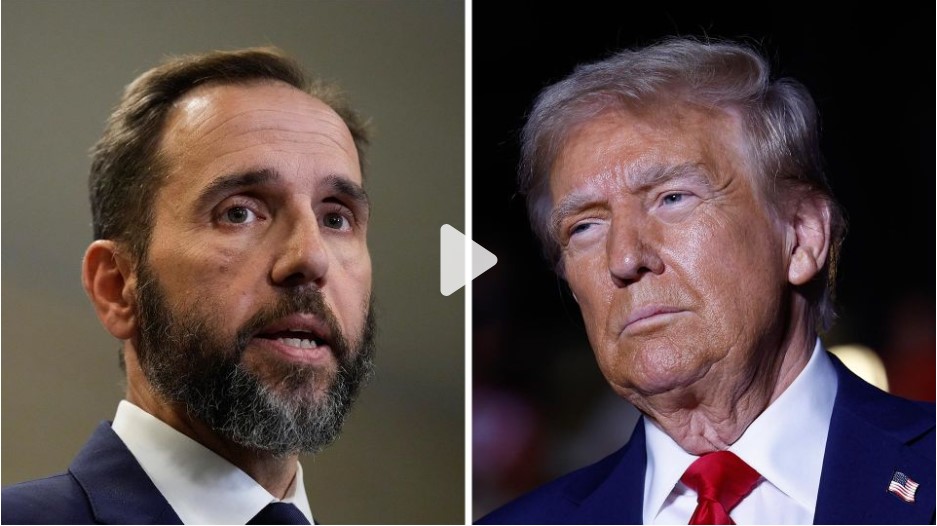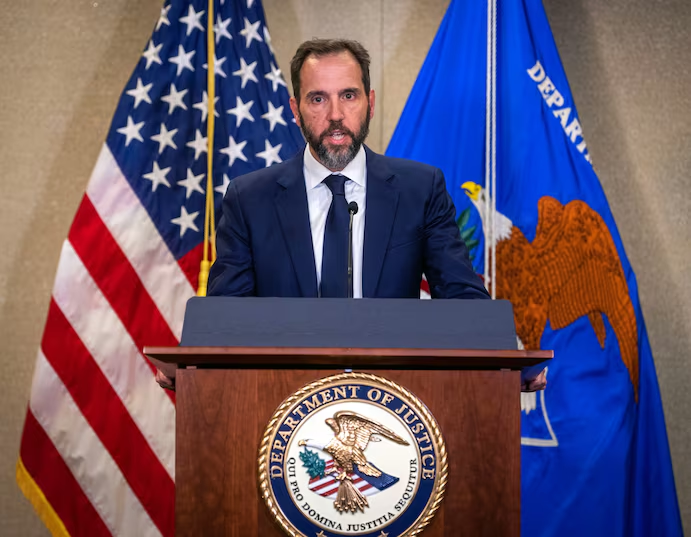There is no automatic disqualification for holding office if convicted of a crime

The legal challenges facing former President Donald Trump continue to intensify, as he faces multiple criminal cases and investigations related to his time in office and actions following the 2020 election. These cases, spread across various jurisdictions, have raised significant questions about what will happen to Trump’s political future and whether these legal battles will hinder his ability to run for president again in 2024.
At the heart of Trump’s legal troubles are four major criminal cases. These cases involve charges ranging from election interference to mishandling classified documents, and each carries the potential for significant consequences. But what does it mean for Trump, especially as he remains a frontrunner for the Republican nomination in the 2024 presidential election?
Election Interference and the Capitol Attack
One of the most prominent cases involves the events surrounding the January 6, 2021, Capitol attack and Trump’s efforts to overturn the results of the 2020 election. The U.S. Department of Justice has charged Trump with attempting to interfere in the election process, including his role in trying to pressure state officials to change the election results and his involvement in the events leading to the insurrection. In addition to these charges, Trump faces accusations related to his involvement in organizing efforts to disrupt the certification of Joe Biden’s victory in Congress.
This case has major legal and political ramifications. If convicted, Trump could face severe penalties, including prison time. However, the process is expected to be lengthy, with appeals and potential delays extending well into the 2024 election cycle. Even if the trial does not conclude before the election, the case is likely to dominate headlines, making it difficult for Trump to escape the legal spotlight.
Classified Documents and Mar-a-Lago
Trump’s handling of classified documents has also led to serious legal repercussions. After leaving office, Trump was found to have taken classified materials from the White House to his Mar-a-Lago estate in Florida. When the National Archives and the Justice Department discovered the missing documents, Trump was accused of obstruction and illegal retention of classified materials. The charges are significant because they involve sensitive national security documents, and mishandling such materials is a violation of federal law.
Trump has denied any wrongdoing, arguing that he had declassified the documents before leaving office. Nevertheless, the case has been advancing through the courts, with a trial potentially looming in 2024. If Trump were convicted on these charges, the consequences could be severe, ranging from fines to imprisonment, though any conviction is likely to be fiercely contested through appeals.
New York Fraud Case
In addition to the federal cases, Trump faces legal scrutiny in New York over allegations of financial fraud. The New York Attorney General has filed a civil lawsuit accusing Trump and his company, the Trump Organization, of inflating the value of assets in order to obtain favorable loans and tax benefits. While this case does not carry the threat of jail time, it could result in hefty financial penalties and damage to Trump’s business empire.
The New York case is still in the discovery phase, but it’s expected to play a role in the broader narrative surrounding Trump’s legal and financial dealings. Although the charges are civil rather than criminal, they further complicate Trump’s legal landscape and could tarnish his reputation, both personally and professionally.
The combination of these multiple cases raises a central question: What will happen to Trump’s political career if he is convicted in one or more of these cases? Legally, there is no automatic disqualification for holding office if convicted of a crime. The U.S. Constitution only bars individuals convicted of treason, bribery, or other high crimes and misdemeanors from running for president. As such, even if Trump faces criminal convictions, he could still technically run for president in 2024 and, in theory, even win the election.
However, legal experts and political analysts agree that a conviction—especially on serious charges like election interference or mishandling classified materials—would have significant political consequences. Trump could face intense public scrutiny, which could weaken his support among voters. The spectacle of his ongoing trials and potential convictions could distract from his campaign and become a political liability, especially as new details emerge in court.
Additionally, even though Trump has the legal right to run, political opponents and factions within the Republican Party could challenge his candidacy. The political dynamics around a convicted Trump would be complex, with Republicans divided between those loyal to him and those seeking a new direction for the party.
What About 2024?
As the 2024 election approaches, Trump’s legal troubles will likely continue to affect his candidacy. He remains a dominant figure within the Republican Party, but his legal battles raise questions about his ability to maintain his grip on the nomination. The outcome of these criminal cases could be a decisive factor in whether he can successfully navigate a campaign for a second term in the White House.
For now, Trump is focused on his political aspirations, presenting himself as a victim of a political witch hunt, while his legal team battles the charges in court. How the courts rule—and how the American electorate responds to his legal challenges—will shape not only Trump’s future but the future of U.S. politics as a whole. The coming months will be crucial in determining whether Trump can continue to chart a path toward a potential return to the White House, or whether his legal battles will mark the end of his political career.






